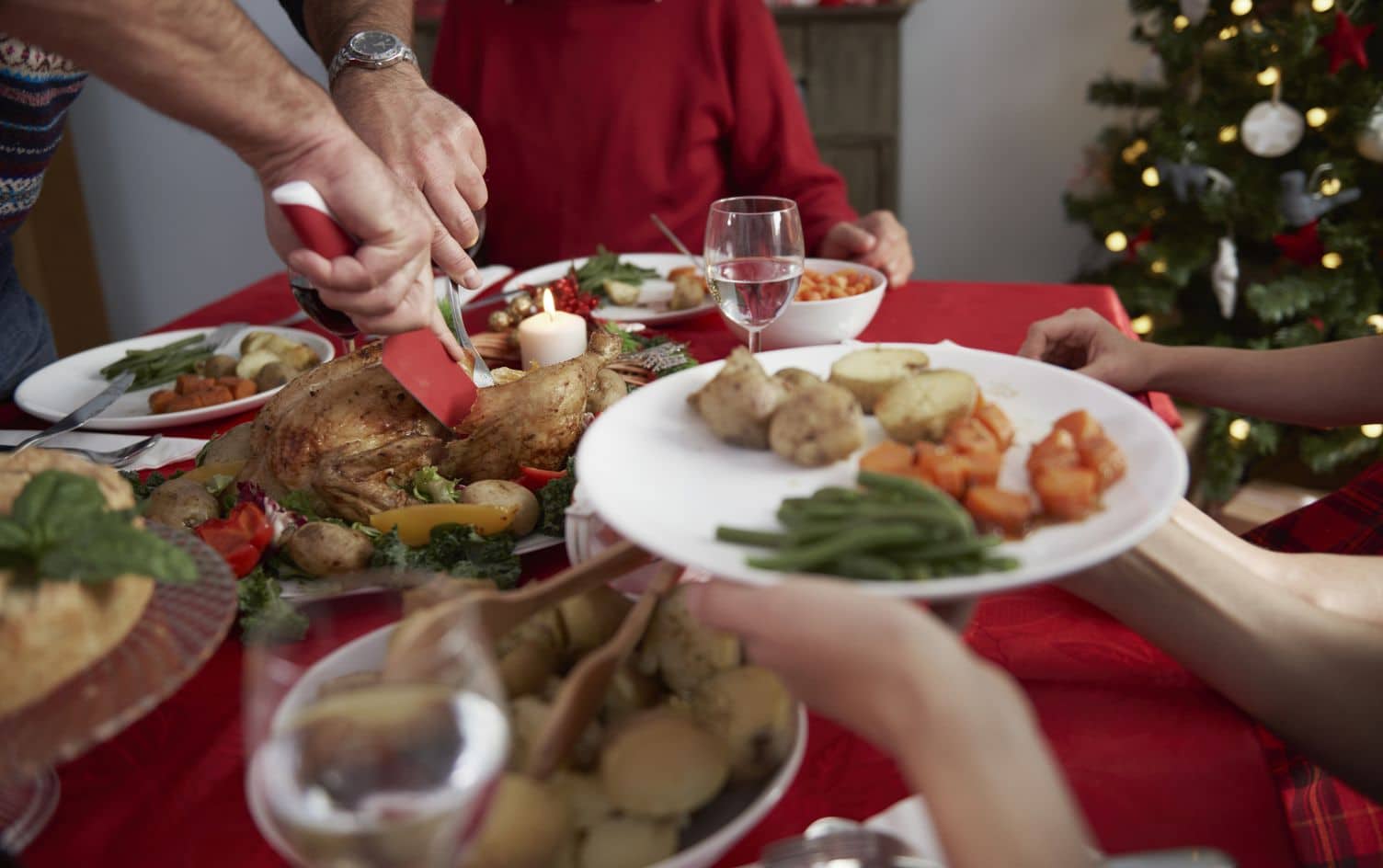Many studies have shown that keeping a food diary and writing down what you eat is an extremely effective tool for weight loss. In one study, participants who kept a record of their food intake lost twice the amount of weight as compared to those who did not. In another, they found that participants who tracked their food intake were able to lose weight even when not following any particular diet.
Many might think that it’s time-consuming and troublesome to do so, but it only actually takes up 15 minutes of your day. The best part is, it’s a weight-loss strategy that’s cost-effective or free!
Consistency is key.
According to a study published in Obesity journal, the most successful participants took an average of 23 minutes to record their daily intake in the first month and the time was reduced to an average of 14 minutes by the sixth month. Researchers also noted that the consistency and frequency of self-monitoring mattered, not the time taken to do so. Those who monitored themselves 3 or more times a day saw the most success.
It’s absolutely free.
All you need is just a pen and paper. Or a free app. Now there are plenty of free apps you can choose from that can help to track your diet, and many have features that provide invaluable information such as the number of calories or macronutrients that you have consumed.
Or, if you don’t mind spending a bit of money, there are apps with even more features such as personalised recommendations and feedback on your diet.
Find whatever works for you.
Find out your trends and habits.
The most important part of tracking your food intake is to be able to find out what your eating habits are. Look out for any trends or patterns that you see.
Here’s what you should aim to include in your diary:
- What you are eating — including any condiments or dressings
- How much you are eating — try to measure in simple units such as cups or at least estimate the portion
- When you are eating — what time you are eating
These are the main pieces of information that should be included. They can help you identify the food choices you make and whether you are eating too much or too little of it.
However, if you’re up for it, you can include this other information to help you gain additional insight into your habits.
- How you are feeling when eating — whether you’re feeling happy, sad, angry, overwhelmed
- Where you are eating — a specific place outside or if it’s your home, the specific room
- Who you are eating with — name specific family members, friends etc.
- What other activity you are engaging in — whether you’re just focusing only on your meal or multi-tasking whilst eating
This can help you identify whether you make better food choices in certain environments.
For example, if you notice you always eat healthier when you’re happy, eating in the dining room at home with your spouse and just engaging in nice conversation (versus eating alone in your bedroom sobbing over an episode of whatever sappy show you’re bingeing), you can try to create that environment as much as possible to help you eat better.
But remember, don’t be too harsh on yourself.
The point of food journaling is not to stress yourself out or be your own worst critic. If you start hating yourself because of what you’re eating, you’ll lose motivation and lower your chances of success.
Leave the judgement behind and look at it as plain facts or data. The point is to be more self-aware of your habits and find ways to improve. If you’re feeling too distressed, get a trusted friend or family member to help look at your journal and give feedback. Get some support. If you can find a dietitian to help, it’ll be even better.
Give yourself some time and space to make improvements. You can’t change overnight. New habits take time after all. Forming habits gradually and at a comfortable pace makes it more sustainable in the long run.
As cliché as it sounds, weight loss is a marathon, not a sprint.
***
To recap, you should definitely try out monitoring your food intake as a good tool to lose weight.
- Be consistent. Log your intake as frequently as you can every day.
- Find a method that works for you. Whether it’s a paid or free app, pen and paper, or support from others.
- Find out your habits and improve on them. After consistently tracking, you can pick out trends in your eating habits. The more detailed, the better.
- Be kind to yourself. Don’t get too judgemental and give yourself ample time to change. If you get distressed, seek help.
—
This post was previously published on Medium.
***
You Might Also Like These From The Good Men Project
 Compliments Men Want to Hear More Often
Compliments Men Want to Hear More Often  Relationships Aren’t Easy, But They’re Worth It
Relationships Aren’t Easy, But They’re Worth It  The One Thing Men Want More Than Sex
The One Thing Men Want More Than Sex  ..A Man’s Kiss Tells You Everything
..A Man’s Kiss Tells You Everything Join The Good Men Project as a Premium Member today.
All Premium Members get to view The Good Men Project with NO ADS.
A $50 annual membership gives you an all access pass. You can be a part of every call, group, class and community.
A $25 annual membership gives you access to one class, one Social Interest group and our online communities.
A $12 annual membership gives you access to our Friday calls with the publisher, our online community.
Register New Account
Log in if you wish to renew an existing subscription.
Username
First Name
Last Name
Password
Password Again
Choose your subscription level
- Yearly - $50.00 - 1 Year
- Monthly - $6.99 - 1 Month
Credit / Debit Card PayPal Choose Your Payment Method
Auto Renew
Subscribe to The Good Men Project Daily Newsletter By completing this registration form, you are also agreeing to our Terms of Service which can be found here.Need more info? A complete list of benefits is here.
—
Photo credit: ALLAN LAINEZ on Unsplash
The post The Most Effective Weight Loss Strategy Only Takes You 15 Minutes appeared first on The Good Men Project.
Original Article










